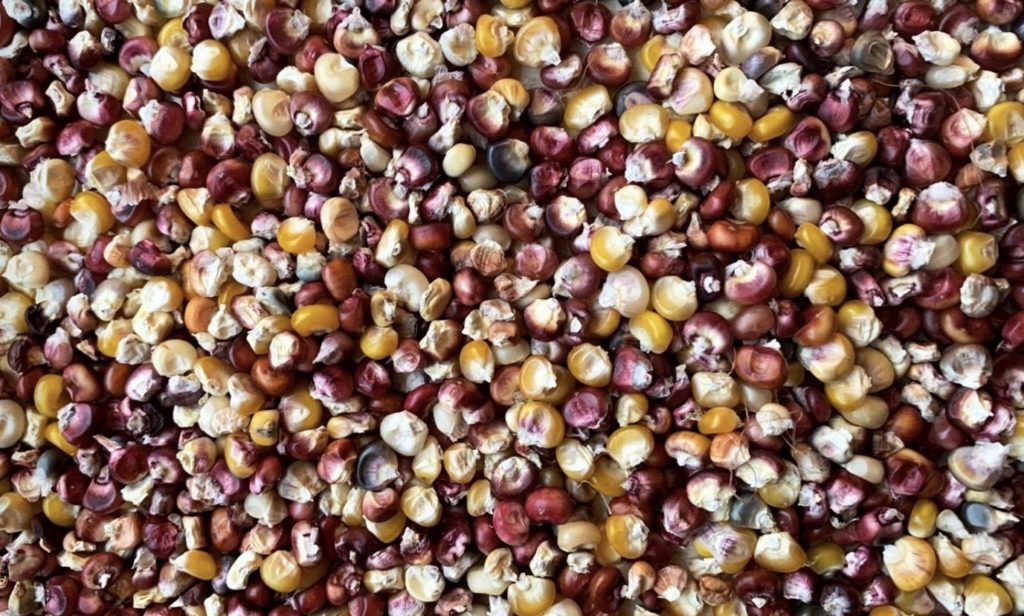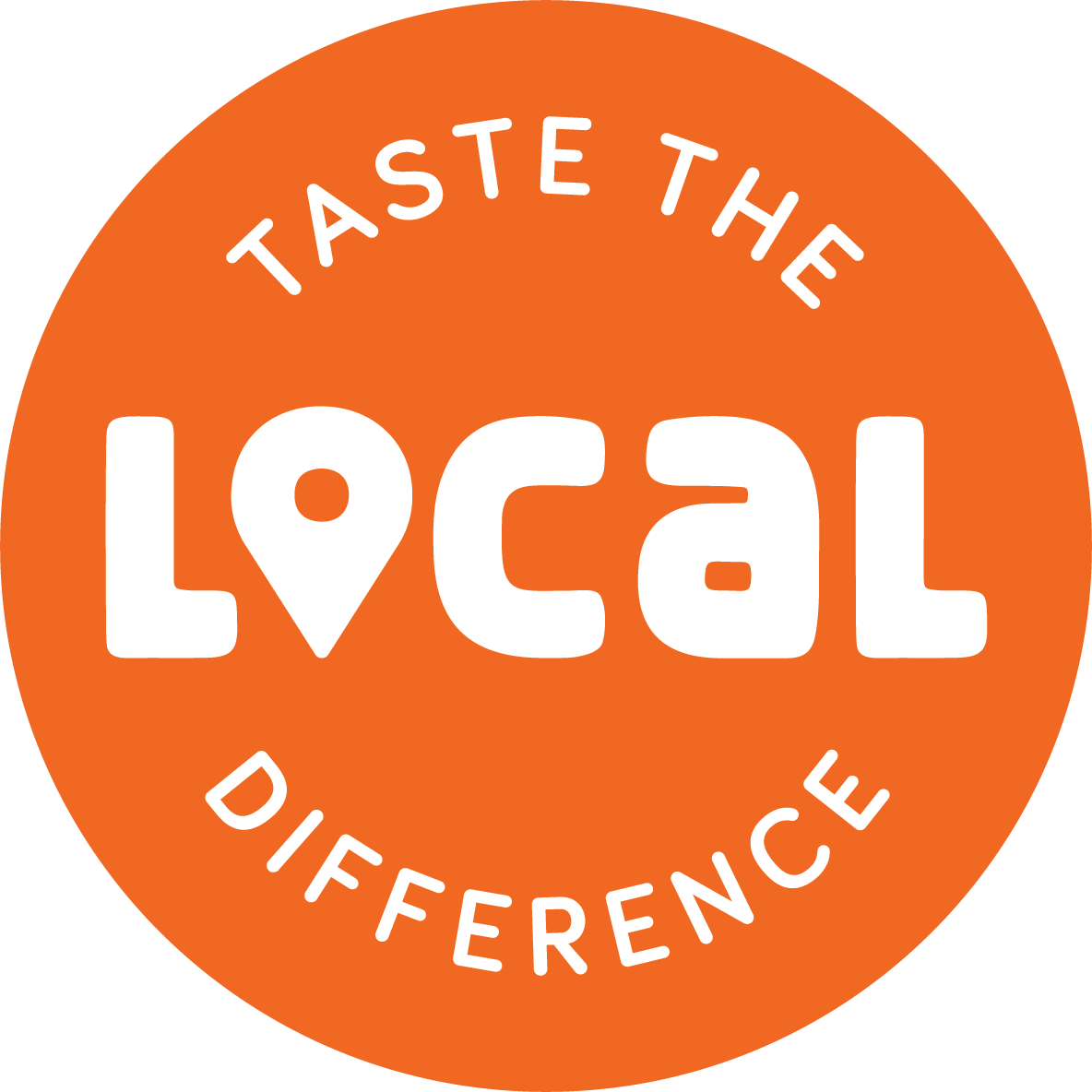
I’d like to preface this article with a land acknowledgment.
We stand here on the stolen land of the Anishanaabe people, the original and current stewards of Waawiyaataanong (the Detroit area).
In November of 2015, I landed in Detroit with nothing more than a piece of carry-on luggage and a few loose seeds. At the time, I couldn’t quite grasp the food-sovereignty journey that lay ahead me.
There are times, five years later, I still can’t.

The seeds I’d carried from home held the knowledge and power of my ancestors. Inside every one is a map, leading me to a new and better understanding of what it means to be an Indigenous woman existing in this modern landscape. The truth is, most systems in place today were built for our erasure. Indigenous communities on Turtle Island have endured forced removal, assimilation and genocide. A large component of these atrocious acts was to control and remove us from our sources of nourishment. The seeds I sow today have experienced this ancestral trauma too.
This is why I find great strength and meaning in planting them, we gift each other life. Our traditional foods are an act of resistance, resilience and unconditional love.
Leilú Gardens (Leilu meaning butterfly in Tlingit) is an urban agriculture project based in Detroit. The project was created to help Indigenous people heal wounds caused by intergenerational trauma through land-based practices. We grow food and medicine that is not typically found or available in an urban setting. Long term, we’d like to grow enough to nourish urban-Native folks, having access to these traditional foods nourishes both body and spirit. These resources stay within the Indigenous community, helping to create networks that strengthen our food security through seed-saving, knowledge and resource sharing.
This year, I was honored to become a new member of the I-Collective, an autonomous group of Indigenous chefs, activists, herbalists, seed keepers, and further my education surrounding our intertribal food-ways. The collective works to highlight the contributions that Indigenous people have made/are currently making to the culinary and agricultural lexicon. Currently, the collective is hosting a three month long restaurant residency in Massachusetts and speaking on a number of panels discussing Indigenous topics.
There are a great deal of organizations, projects and initiatives being led by Indigenous people that would benefit from the reader’s support.
Organizations to Support
I-Collective
The I-Collective is seeking your support to open a multi-week collaborative partnership with Belly of the Beast in Northampton, Massachusetts.
American Indian Health & Human Services
American Indian Health & Family Services is a non-profit health center whose mission is to empower and enhance the physical, spiritual, emotional, and mental wellbeing of American Indian/Alaska Native individuals, families and other underserved populations in SE MI through culturally grounded health and family services.
Sakari Farms Relief Fund
Sakari Farms located in Tumalo, Oregon was hit pretty hard over the summer by a large wind/hail storm and received significant damage to their 2020 crops.
Dream of Wild Health
This organizations grows strong leaders, rebuilds indigenous food systems, and expands access to healthy foods in Twin Cities urban and Native American communities.
Kirsten Kirby-Shoote is an Indigenous food activist, chef, and urban farmer living in the Detroit area where she manages Leilú Gardens. If anyone is interested in transferring land back into Indigenous stewardship, contact her at [email protected].
Photo Credit: Kirsten Kirby-Shoote
Additional Reading
Indigenous Chopped Challenge: Pumpkin Pinto Cake
Thanksgiving – Indigenous Style
